Rafeeq Natsheh: Corruption and Occupation are Two Sides of the Same Coin
Rafeeq Natsheh, the Chairman of Anti-Corruption Commission, said that corruption and occupation are two sides of the same coin, and that the Commission will not stop pursuing any corrupt figure whoever this figure is.
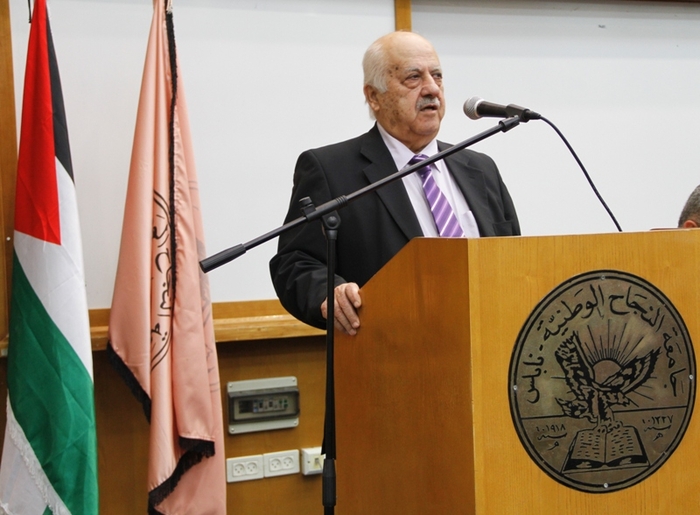
This came in the opening session organized by the Department of Political Science, Faculty of Economics and Social Sciences at An-Najah University, on Thursday, 14th November 2013, and moderated by Dr. Saqir Jabali, Dean of the Faculty, and attended by hundreds of University Students, lecturers and interested parties.
Prior to the meeting, Prof. Maher Natsheh, the Acting President of An-Najah National University, met the Chairman of Anti-Corruption Commission, and welcomed his visit to the University and introduced him to the University’s latest academic developments, locally and internationally.
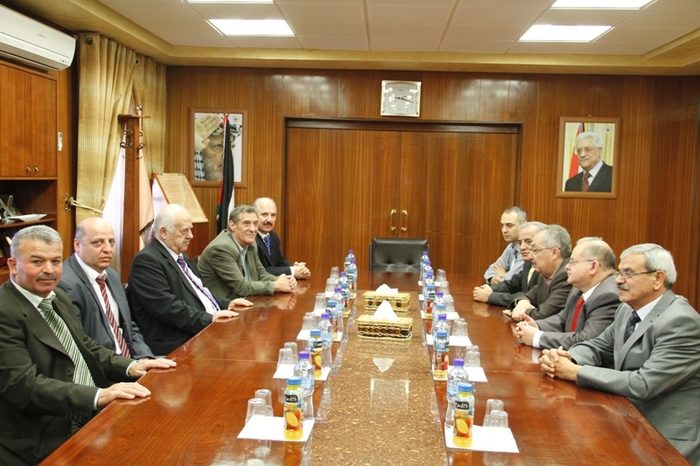
The guests watched a documentary on the University history, emergence, evolution, and development at all levels. Then Dr. Natsheh thanked An-Najah University’s administration and departments for all that they provide Palestinian students and the Palestinian community in the academic and educational requirements process.
The meeting was attended by Prof. Sami Jaber, Vice-President for Academic Affairs; Dr. Mohammad Hanoun, Vice-President for Administrative Affairs; Dr. Maher Abu Zant, Vice-President of Community Affairs; Prof. Tareq Hajj, Dean of Economics and Social Sciences; Dr. Sam Foqahaa, Director of Public Relations Department; and Dr. Saqir Jabali, Head of the Department of Political Sciences.
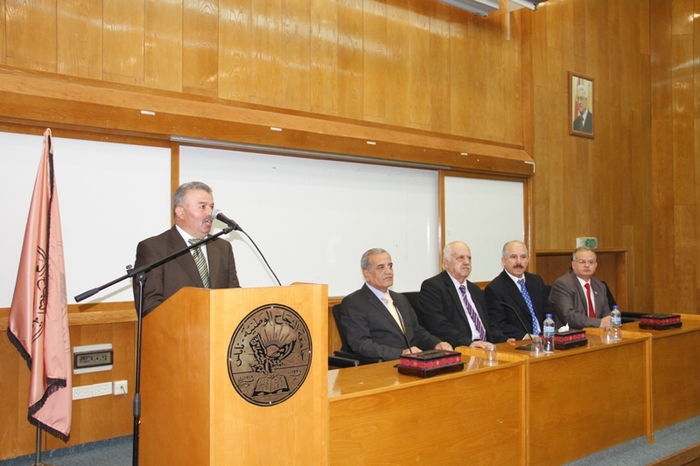
During the meeting, which was held in the Zafer Al-Masri Auditorium, on the Old Campus, Dr. Natsheh said that corruption is the major source of failure in development efforts; and it increases poverty in any society, because when it exists, state and societies’ abilities are less able to achieve development goals. He added that the Anti-Corruption Commission is considered the official and legal body for receiving citizens’ complaints, verifying and investigating these complaints and following-up with all that has to do with fighting crimes of corruption.
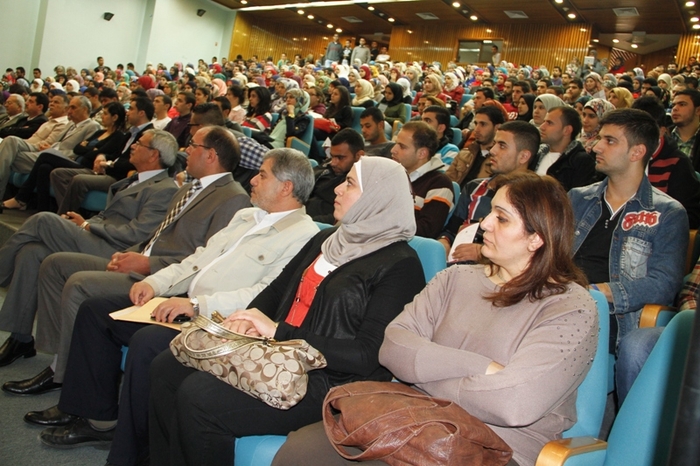
On the mechanism of receiving complaints, Dr. Natsheh clarified that there is an office for complaints and notifications, equipped with a legal cadre, and citizens can contact the General Department of Legal Affairs, which, in turn, sends them to the Department of Complaints, where the complainant can write his/her complaint to the department lawyer. These complaints include several elements, of which the most important ones are: the names of the complainant and the defendant, the subject of the complaint and a list with the items of complaint regulations.
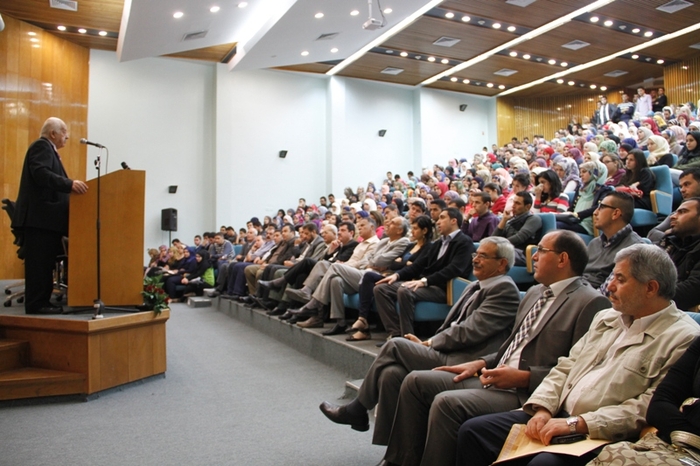
Dr. Natsheh stressed that the Commission is pursuing a number of suspects in corruption outside the Palestinian Territories, who have been considered fugitives from justice, since they refuse to come to Palestine to cooperate with them directly. He also spoke of the many issues that they are working on in the Occupied Territories, where the Commission has regained tens of millions of dollars and hundreds of dunums of land from cases of corruption. He also thanked the Egyptian and Jordanian judiciaries who adjudged the Commission to hand over suspects to complete the investigation in Palestine.
Afterwards, the attendees raised questions on various issues, and Dr. Natsheh replied to them and restated that each one of them is responsible for notifying any suspect anywhere.
The Palestinian Authority announced in 2010, the establishment of the Crime Tribunal by President Mahmoud Abbas, stating that it shall be allocated to pursue and prosecute those involved in corruption cases.



